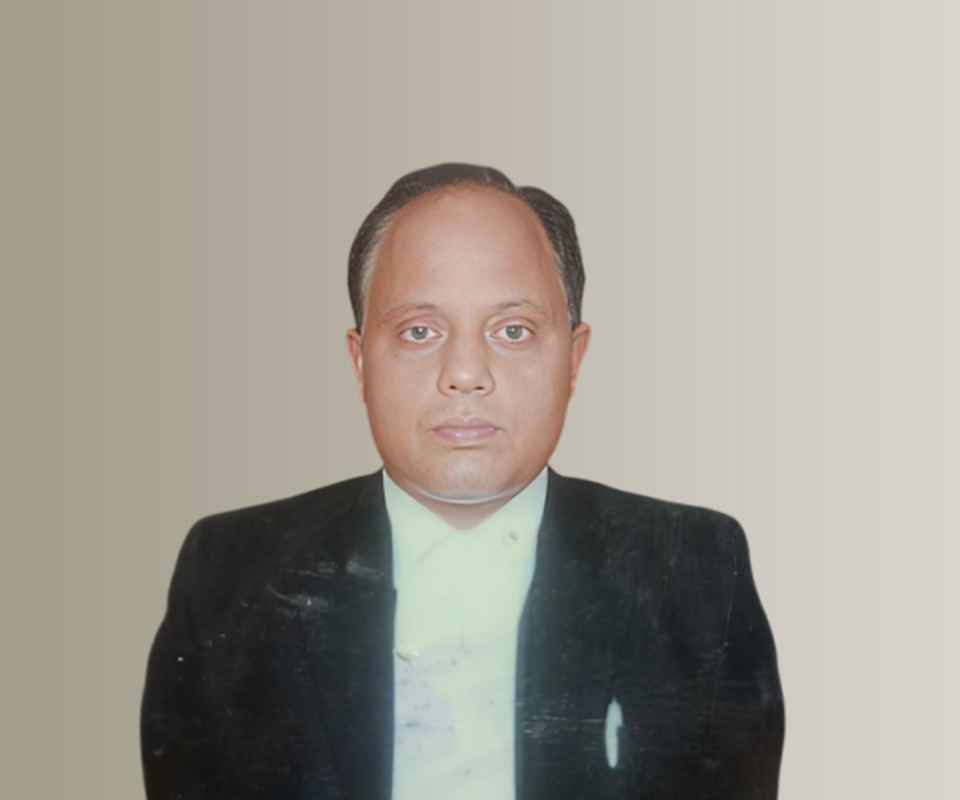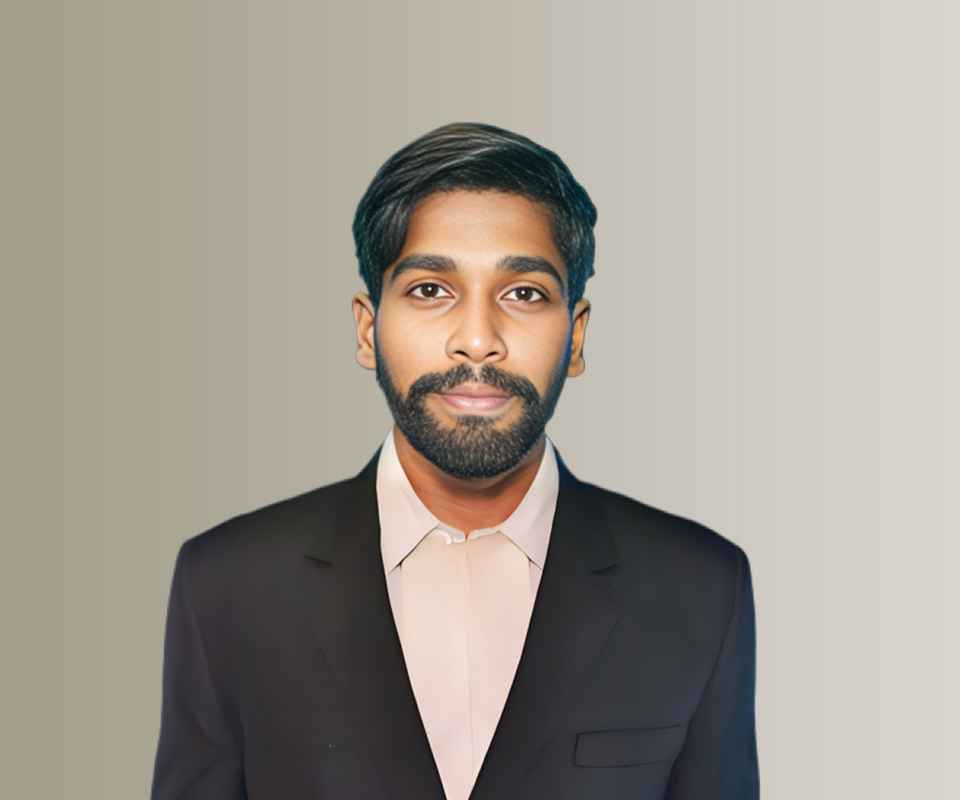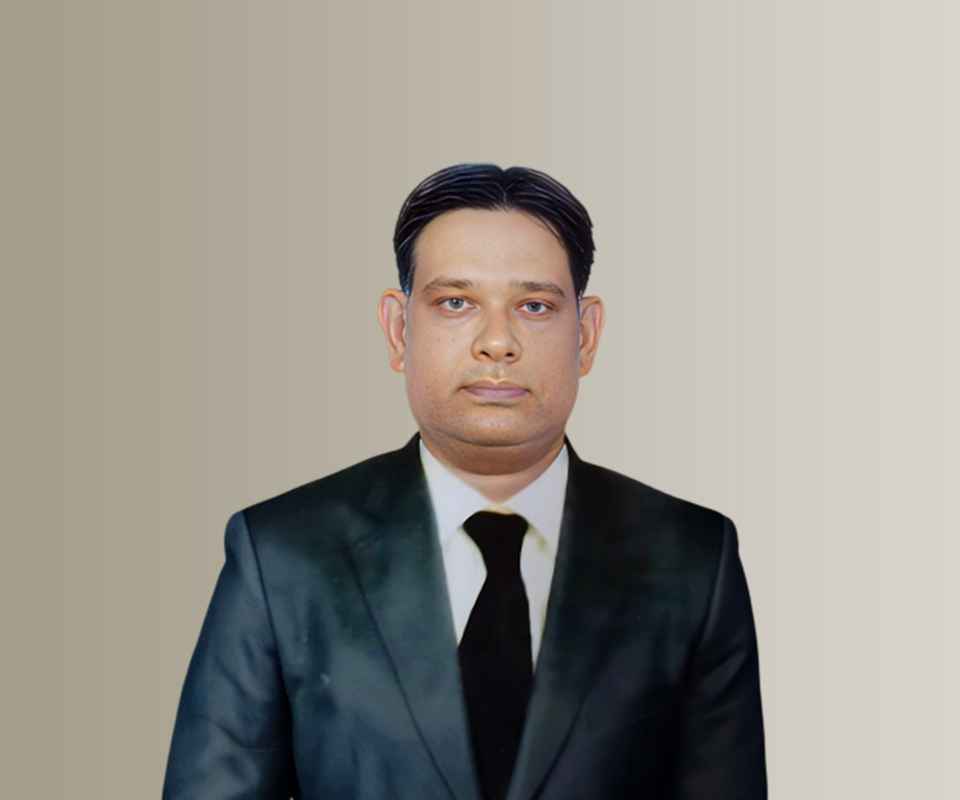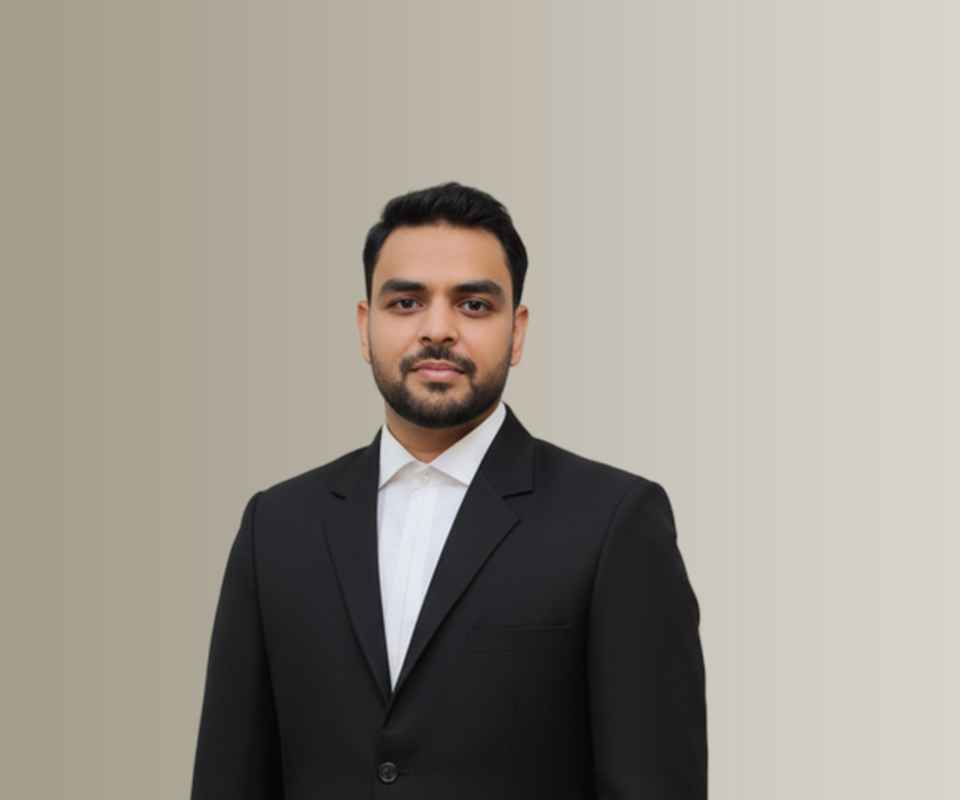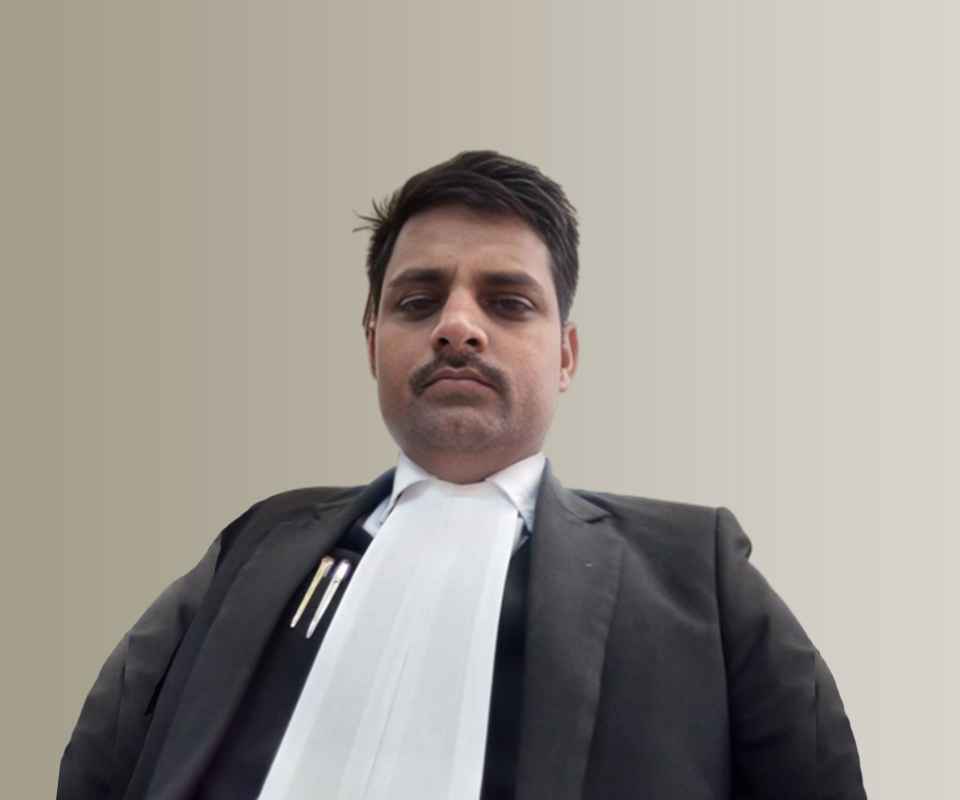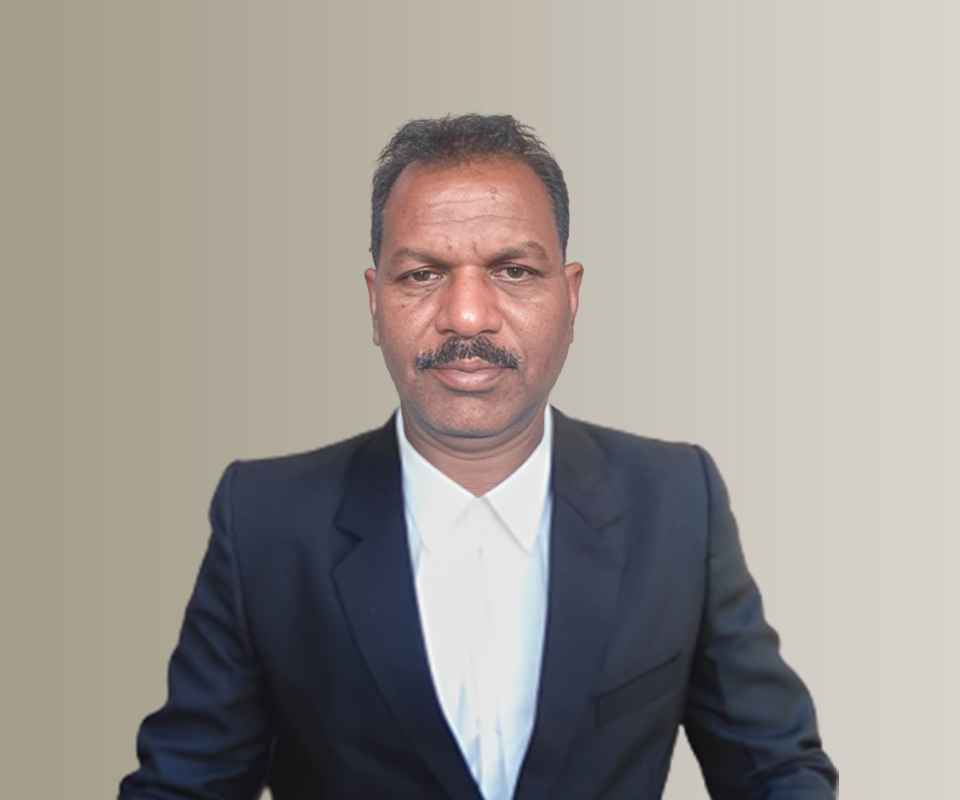Answer By law4u team
Many universities and educational institutions in India provide special reservation quotas or admission preferences for the children of defence personnel. These quotas ensure that children of armed forces members, including the Army, Navy, Air Force, and other defence services, have access to higher education opportunities. This initiative recognizes the sacrifices and service of defence personnel and aims to support their families, particularly their children's education, amidst the challenges posed by frequent relocations and postings.
Quotas for Children of Defence Personnel in Universities:
1. Defence Quota for University Admissions:
Many universities across India offer a special Defence Quota for children of serving or retired defence personnel. This quota provides reserved seats or priority admission in various undergraduate and postgraduate courses, including engineering, medical, law, and management programs.
The defence quota typically varies from 5% to 10% of the total seats available in a particular course or program. This ensures that children of defence personnel are given special consideration in the highly competitive field of university admissions.
2. Preference in Admission:
Children of defence personnel are given preference in admission processes, even when they do not meet the general cutoff marks for certain courses. This helps ensure that they do not miss out on educational opportunities due to the disruptions caused by their parents' frequent postings.
The admission preference is also provided to children of martyrs or disabled soldiers, who are given special consideration as a part of the welfare initiatives for families who have sacrificed.
3. Special Schemes for Defence Personnel's Children:
Several universities, including central universities and state-run institutions, have special admission schemes or defence personnel-specific quotas.
These schemes may include fee waivers, reduced tuition fees, or increased number of seats in particular courses for children of defence officers, soldiers, airmen, and sailors.
4. Benefits in Admission to IITs, NITs, and Other Prestigious Institutions:
Indian Institutes of Technology (IITs), National Institutes of Technology (NITs), and other prestigious engineering and technical colleges have provisions under their defence quota schemes to provide admission to the children of military personnel.
While the specific quota varies, these institutions reserve a portion of their engineering seats for children of military personnel, ensuring that they can pursue technical education in some of the best institutes in the country.
5. Reserved Seats in Medical and Law Colleges:
Some medical colleges and law schools provide reservation of seats for the children of defence personnel under their defence quota or special categories. This allows children of military families to pursue degrees in fields such as MBBS, BDS, and LLB without the intense competition for open category seats.
6. Special Seats for Children of Martyrs and Disabled Soldiers:
Children of martyrs (defence personnel who lost their lives in service) and disabled soldiers are often given additional benefits such as seats under special quotas in universities. This is part of the government's commitment to the welfare of martyrs' families.
These students may also receive fee concessions, additional scholarships, or exemptions from certain entrance exams in recognition of the sacrifices made by their parents.
7. Relaxation in Entrance Exam Criteria:
Some universities and institutes provide relaxation in entrance exam criteria for the children of defence personnel. This relaxation could be in the form of lower cutoffs or exemptions from certain exams, especially in cases where the military parents have been posted in remote areas with limited access to resources or preparation time.
How These Quotas Benefit Military Families:
1. Ensuring Equal Opportunities for Higher Education:
Defence personnel are often posted in remote or difficult locations, which can disrupt the education of their children. The defence quotas ensure that their children are not disadvantaged in the highly competitive process of university admissions.
By offering reserved seats or special admission schemes, these quotas provide an opportunity for the children of military families to gain admission to reputable educational institutions, thus promoting equal opportunities for them.
2. Financial Support and Access to Quality Education:
Fee waivers, scholarships, and reduced tuition costs help alleviate the financial burden on military families. These benefits ensure that the children of defence personnel can pursue quality education without the worry of exorbitant fees, making higher education more affordable for them.
3. Acknowledging the Sacrifices of Defence Personnel:
These education quotas serve as a means to honor the sacrifices made by defence personnel who often serve in challenging environments, risking their lives for the country. By providing education benefits to their children, the government ensures that the families of soldiers, sailors, and airmen are supported in their educational pursuits.
Example:
Rajesh Kumar, a major in the Indian Army, has a daughter named Naina Kumar who wishes to pursue a degree in medicine. As part of the defence quota, Naina is offered a reserved seat in a government medical college in Delhi. This ensures that despite the challenges posed by her father’s frequent postings, Naina can pursue her dream of becoming a doctor, thanks to the special provisions made for children of military families.
Conclusion:
The university quotas for children of defence personnel play a crucial role in empowering military families and providing them with equal opportunities in the field of higher education. These quotas, along with financial assistance and admission preferences, ensure that the children of soldiers, sailors, airmen, and officers can access quality education, irrespective of the challenges their parents face in their service to the nation.
